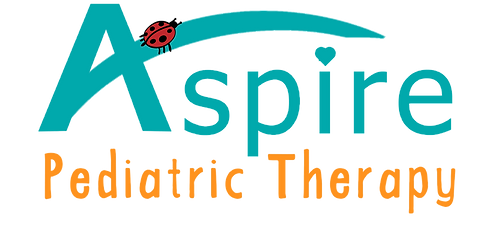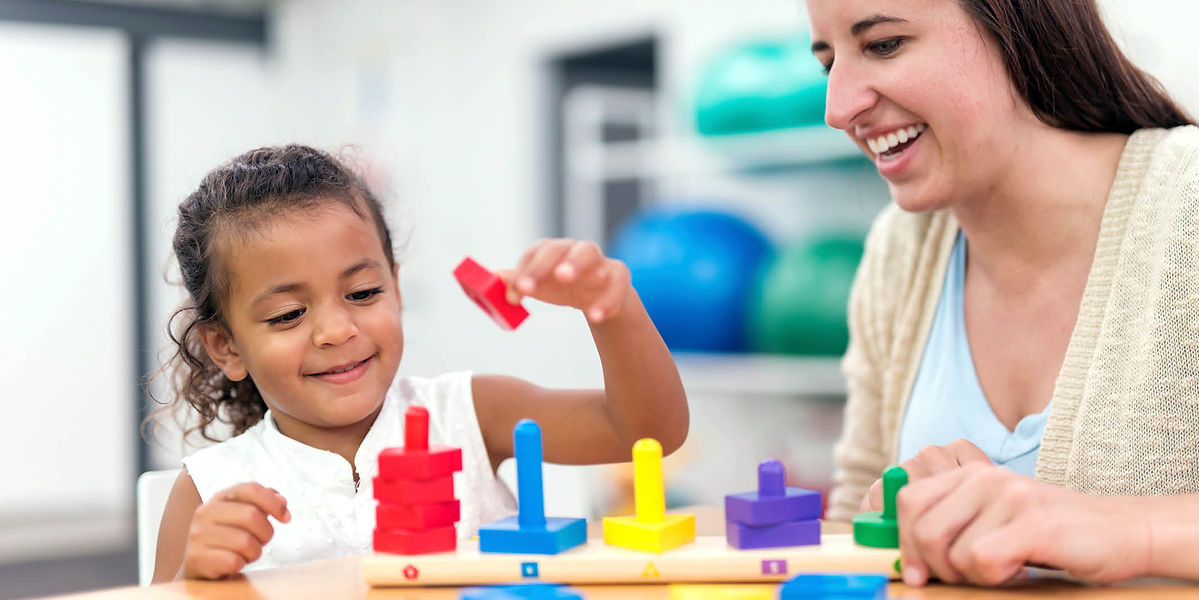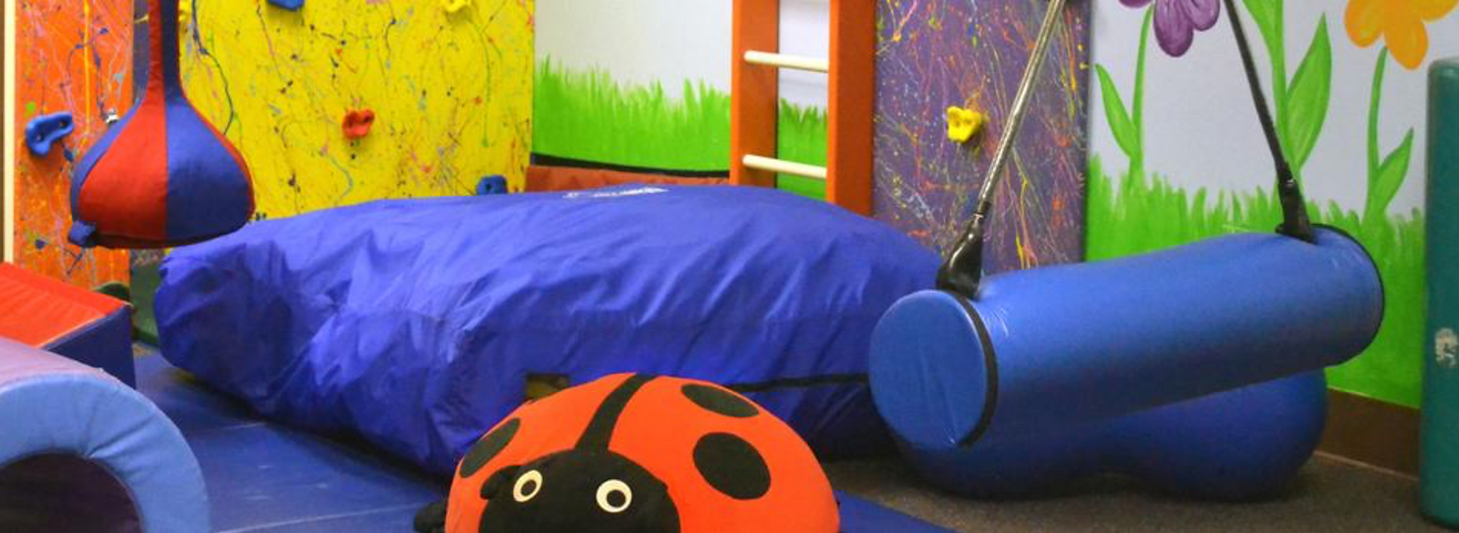










Located on
2893 Banksville Rd,
Pittsburgh, PA 15216
NEW FAX NUMBER!

Aspiring to achieve the highest level of independence and reach his/her potential in functional “occupations” give a child purpose and the feeling of success and accomplishment.
Occupational
Therapy




What is Occupational Therapy?
A child’s job or “occupation” is be independent in self-care activities, play, be successful in school and in social settings. Aspire’s occupational therapists strive to help each child improve their skills and move to independence to actively participate in age appropriate day to day activities or “occupations” that are meaningful to each child and family. Aspiring to achieve the highest level of independence and reach his/her potential in these functional “occupations” give a child purpose and feeling of success and accomplishment.
Who is in need of occupational therapy?
-
Autism Spectrum Disorders
-
Sensory Processing Disorders
-
Feeding Difficulties & Dysfunction
-
Developmental Coordination Disorder/Dyspraxia
-
Down’s Syndrome
-
Genetic & Chromosomal Disorders
-
Neurologic Diagnoses
-
Cerebral Palsy
-
Spina Bifida
-
Muscular Dystrophy
-
ADHD, OCD, anxiety
-
Hemiplegia, Stroke & Brain Injury
-
Failure to Thrive
-
Learning Disabilities
-
Visual Motor & Visual Perceptual Difficulties
-
Delay Reaching Developmental Milestones
-
Prenatal drug use/overdose
An occupational therapist can help a child who is experiencing difficulty with any of the following:
-
Feeding & eating
-
Self-care: Dressing, bathing, brushing teeth, hair care, hand washing, nail care, tying shoes & managing fasteners (buttons, zippers, snaps, buckles, etc.)
-
Modulation & regulation of sensory input from movement, touch/textures, sound, sights, and tastes
-
Body & spatial awareness as it relates to coordination and interacting with others and the environment
-
Balance, coordination, & postural control activities: jumping, hopping, skipping, swinging, galloping, climbing, etc.
-
Fine motor coordination: hand dexterity, scissoring, tool use, & object manipulation (legos, game pieces, dice, coins, blocks, beads, lids, containers, etc.)
-
Handwriting, coloring, & drawing
-
Visual motor & perceptual activities: eye tracking, scanning, eye-hand coordination, right/left discrimination, spatial relations, transitioning gaze from close to farther away, understanding what the eye “sees”
-
Ball play: throwing, catching, kicking
-
Attention, coping, and self-regulation
-
Play and social skills
-
Executive Functioning skills: organization & planning, working memory, self-monitoring, initiation, shift/flexible thinking, impulsivity


How can Aspire’s occupational therapists help?
Aspire Pediatric Therapy’s Occupational Therapists use various standardized and clinical assessments in order to complete a comprehensive evaluation of your child to determine the underline barriers or the “why” your child is having difficulty.
An individualized plan is developed with goals for functional outcomes and child/family education and coaching.Families are collaborators in this process and an integral part of the therapy team.
Family input is vital to help us understand the struggles and successes occurring at home and in the community, in addition to family priorities.